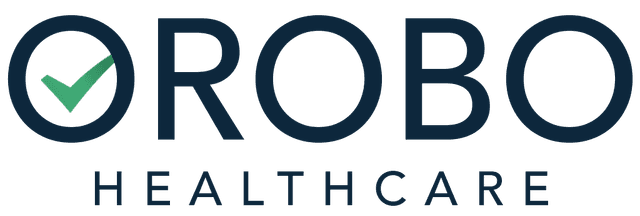When required medication (PRN)
The importance of PRN medication and supporting protocols
Introduction
When required (PRN) medication plays an important role in ensuring that residents health and well-being needs are met promptly. However, without clear guidance, there is a risk of inconsistent administration, overuse or delays in residents getting the medicines they need, when they need it.
Supporting regulation
Health and Social Care Act 2008 (Regulated Activities) Regulations 2014: Regulation 12: Safe care and treatment: "Medicines must be supplied in sufficient quantities, managed safely and administered appropriately to make sure people are safe."
PRN meaning
PRN is Latin for Pro re nata, which translates into "as needed" or "when the situation arises".
The problem
From my experience and frequently noted in CQC inspection reports, PRN protocols are either not in place or contain very limited information to guide staff on how to manage that medication. This can lead to inconsistent or poor documentation and unsafe practice.
What should protocols contain?
- Medication name
- Strength
- Route of administration
- Dose to be given at any time
- Maximum dose in 24-hour period
- Reason for the medication being prescribed
- Expected outcome of having the medication
- Other medication prescribed which may help if this medicine is not effective e.g. a stronger pain relief also pressed
- Review frequency and responsibility of maintaining the protocol (e.g. senior carer, nurse or manager)
What is often missing?
When PRN protocols are in place, the person-centred elements are often missing, such as:
- Can the person communicate their need for this medication?
- If they cannot communicate, what should staff look for? Do they show increased anxiety or behaviour changes?
- Should staff review a chart such as the behaviour or bowel monitoring records before administration?
- Is there clear guidance on when staff should contact the GP for review?
Person-centred detail ensures that PRN protocols are based on individual needs rather than routine practice.
Examples of information which help guide staff:
"Betty is not able to verbally articulate her pain needs and will often sit and rub her knees when she feels pain, which will signal to staff she requires her paracetamol."
"Mike does not communicate verbally and would not be able to let staff know when he requires his laxative medication. Staff must monitor his stomach area for firmness or the appearance of bloating and check the bowel record daily to see if he has passed a bowel movement."
Recording and follow up:
The PRN administration must be recorded on the MAR, the same as all medication administration. Staff must come back and review if this medication has been effective and record this on the MAR.
Where medication is not being effective, this should be reviewed promptly with the GP. If a person is requiring more regular use of a particular medicine, it may need to be prescribed on a regular basis to manage the need.
Regular audits should be carried out, to ensure that PRN use is appropriate, recorded correctly and remains relevant to the individual.
Final thoughts
Staff should regularly review PRN protocols, particularly when people move in or out or when a medication review has taken place.
At Orobo Healthcare, we help care services strengthen their medicines management processes to ensure safety, compliance, and a truly person-centred approach to care.
